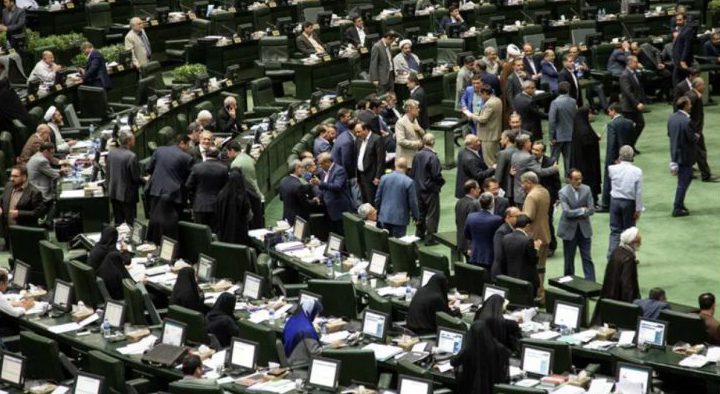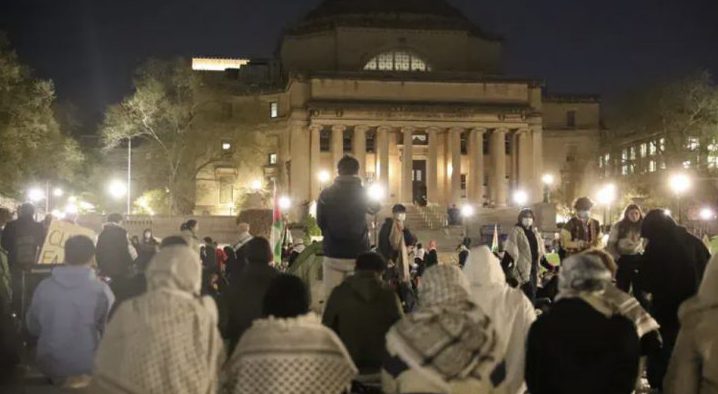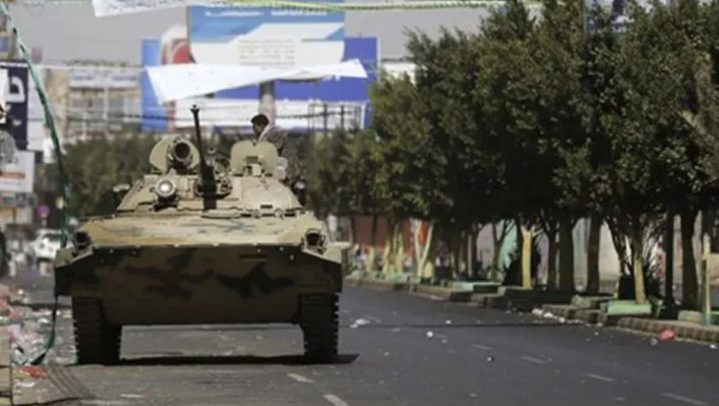Iran’s parliament votes to remove Finance Minister Abdolnasser Hemmati from office. 182 out of 273 lawmakers support the dismissal.
Iran’s parliament voted on Sunday to remove Finance Minister Abdolnasser Hemmati from office, as concerns mount over the collapsing rial and allegations of economic mismanagement, The Associated Press reported.
Parliament Speaker Mohammad Bagher Qalibaf announced that 182 out of 273 lawmakers supported Hemmati’s dismissal, just six months after President Masoud Pezeshkian’s administration took office.
Defending his minister, Pezeshkian warned that Iran is engaged in a difficult struggle against Western pressures. He urged Parliament to work together with the government to tackle the nation’s growing economic challenges.
The decision comes as Iran faces heightened tensions over its nuclear program and deteriorating relations with the West. The country’s economy has suffered under heavy international sanctions, particularly following the US withdrawal from the 2015 nuclear deal.
In 2015, the rial stood at 32,000 to the dollar, but by the time Pezeshkian assumed office in July, it had plunged to 584,000 per dollar. The currency’s value has since fallen further, with exchange shops in Tehran recently trading 930,000 rials per dollar.
Hemmati acknowledged the economic challenges faced during his tenure, noting a 10% drop in inflation under his leadership. However, he conceded that inflation remained high at 35% and assured lawmakers that his team was working tirelessly to stabilize the situation, though he warned that meaningful progress would take time.
The removal of Hemmati comes as US President Donald Trump, who returned to the White House for a second term in January, has reinstated his “maximum pressure” sanctions campaign against Iran, mirroring his approach from his first administration.
Even with the sanctions, Trump has also said he would rather reach a deal with Iran than have Israel attack Iran’s nuclear facilities.Iran’s parliament voted on Sunday to remove Finance Minister Abdolnasser Hemmati from office, as concerns mount over the collapsing rial and allegations of economic mismanagement, The Associated Press reported.
Parliament Speaker Mohammad Bagher Qalibaf announced that 182 out of 273 lawmakers supported Hemmati’s dismissal, just six months after President Masoud Pezeshkian’s administration took office.
Defending his minister, Pezeshkian warned that Iran is engaged in a difficult struggle against Western pressures. He urged Parliament to work together with the government to tackle the nation’s growing economic challenges.
The decision comes as Iran faces heightened tensions over its nuclear program and deteriorating relations with the West. The country’s economy has suffered under heavy international sanctions, particularly following the US withdrawal from the 2015 nuclear deal.
In 2015, the rial stood at 32,000 to the dollar, but by the time Pezeshkian assumed office in July, it had plunged to 584,000 per dollar. The currency’s value has since fallen further, with exchange shops in Tehran recently trading 930,000 rials per dollar.
Hemmati acknowledged the economic challenges faced during his tenure, noting a 10% drop in inflation under his leadership. However, he conceded that inflation remained high at 35% and assured lawmakers that his team was working tirelessly to stabilize the situation, though he warned that meaningful progress would take time.
The removal of Hemmati comes as US President Donald Trump, who returned to the White House for a second term in January, has reinstated his “maximum pressure” sanctions campaign against Iran, mirroring his approach from his first administration.
Even with the sanctions, Trump has also said he would rather reach a deal with Iran than have Israel attack Iran’s nuclear facilities. Despite Trump’s comments on his desire to pursue a deal with Iran, Iranian Supreme Leader Ayatollah Ali Khamenei has cautioned the government against engaging in talks with Washington, describing such a move as “reckless.”
Iranian Foreign Minister Abbas Araqchi last week ruled out the possibility of direct negotiations with the United States regarding Iran’s nuclear program.





